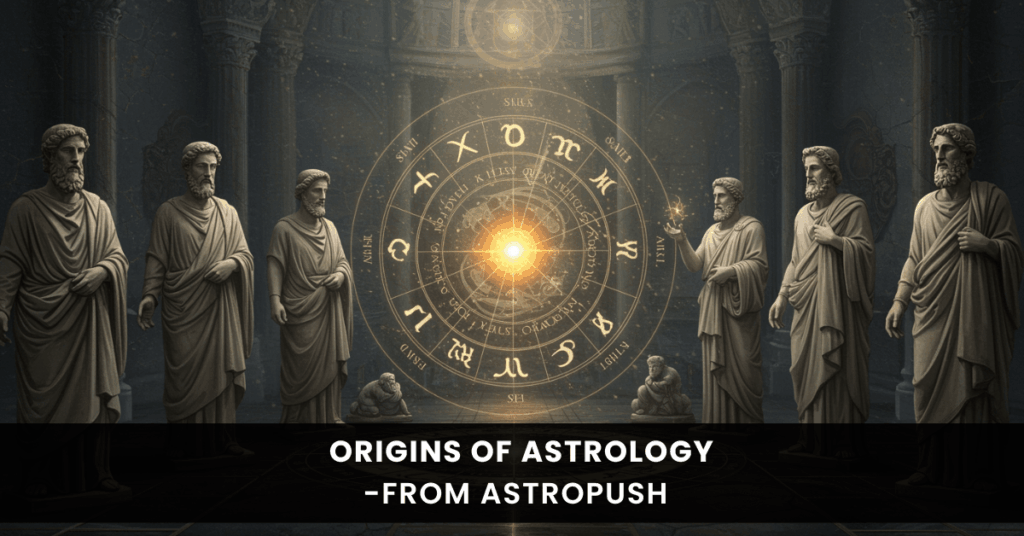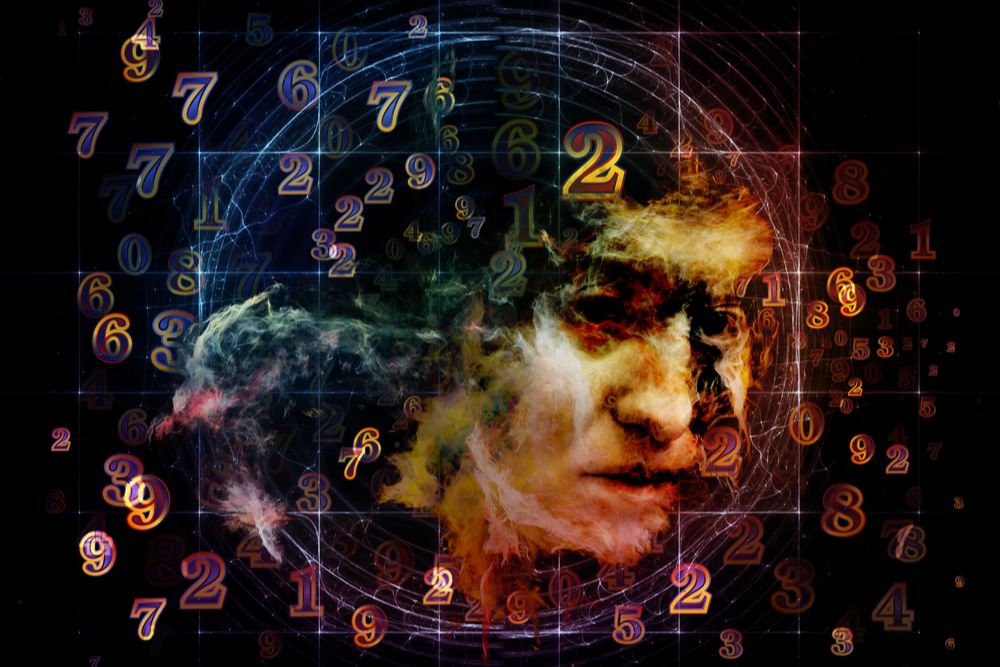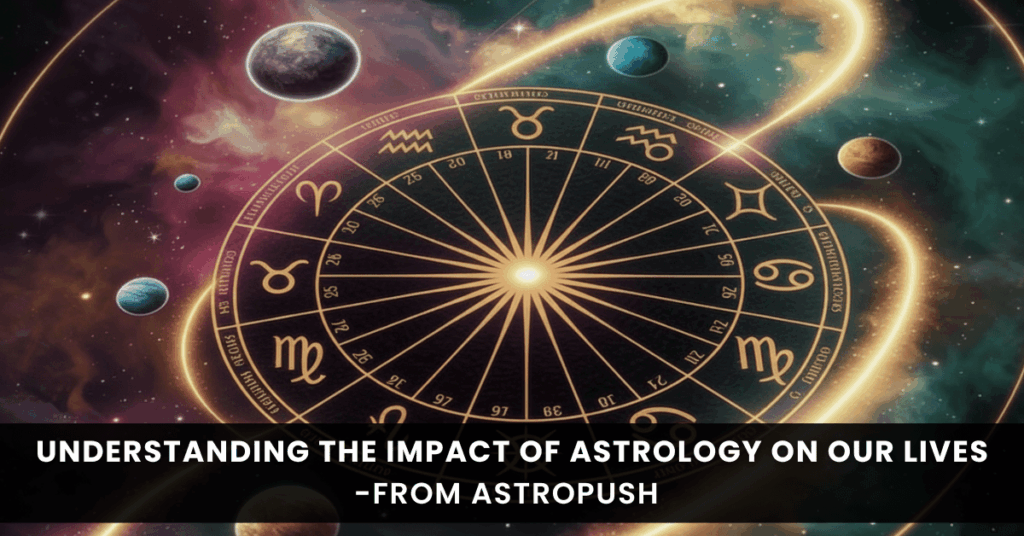The origins of astrology can be traced back thousands of years, intertwined with the earliest human civilizations. From ancient Babylon to the present day, astrology has fascinated and guided people in their quest to understand the cosmos and their place within it. While modern astrology may look quite different from its ancient roots, the fundamental idea remains the same: the belief that celestial bodies influence human affairs. In this blog, we will explore the fascinating origins of astrology and how this ancient practice has evolved over time.
The Ancient Beginnings: Mesopotamia and Babylon
The story of astrology begins in ancient Mesopotamia, often regarded as the cradle of civilization. Here, around 3,000 BCE, the Sumerians began observing the movements of the stars and planets. These early observations were primarily for agricultural and religious purposes. The Sumerians noticed that celestial bodies, such as the Sun and Moon, followed predictable patterns, which they associated with the seasons and natural events.
However, it was the Babylonians who took these early observations and developed the first formal system of astrology. Around 1,800 BCE, they developed the zodiac, dividing the sky into twelve equal parts, each linked to a specific constellation. This system allowed them to make more precise predictions about the future based on the movements of planets within the zodiac. Babylonian astrology was highly influential and laid the groundwork for the systems that would emerge in other ancient cultures.
Origins of Astrology: The Influence of Ancient Egypt
As astrology developed in Mesopotamia, it began to spread to other regions, including Egypt. The Egyptians, like the Babylonians, were keen observers of the sky. They used the stars to mark important events such as the flooding of the Nile, which was crucial for agriculture.
Egyptian astrology, however, had a distinct flavor. The Egyptians believed the stars were the souls of the deceased. They thought the movement of these stars directly affected the lives of the living. The Egyptians also created their own version of the zodiac, which included 36 decans. These were star groups that rose and set at different times of the year. Their astrology closely tied to their religious beliefs. It emphasized the role of gods in celestial events.
Greek Contributions to Origins of Astrology
Greek civilization, especially during the Hellenistic period, played a pivotal role in the development of astrology. The Greeks were heavily influenced by the Babylonians and Egyptians but added their own philosophical and mathematical interpretations. It was during this time that astrology began to evolve into the system we recognize today.
The famous Greek philosopher Ptolemy formalized much of what is now considered traditional astrology in his work *Tetrabiblos*. He established a geocentric model, placing Earth at the center of the universe, with the Sun, Moon, and planets orbiting around it. Ptolemy also introduced key concepts like houses, aspects, and planetary rulership, which are still essential to modern astrological practice.
The Greeks believed that the positions of celestial bodies at the time of a person’s birth could influence their character and destiny. This idea is still central to modern astrology, particularly in the form of horoscopes. Greek astrology spread throughout the Roman Empire and beyond, solidifying its place in the cultures of Europe and the Middle East.
Also Read – Mrigashira Nakshatra: The Curious Seeker in Vedic Astrology
Origins of Astrology in Ancient India
While astrology was flourishing in the West, another unique tradition of astrology was developing in India. Vedic astrology, also called Jyotish, dates back thousands of years. It has strong ties to the region’s spiritual and religious practices. This system is based on the belief that the positions of celestial bodies at birth can reveal a person’s karmic path and future.
The primary difference between Western astrology and Vedic astrology is the method of calculation. Vedic astrology uses the sidereal zodiac, which accounts for the precession of the equinoxes, whereas Western astrology uses the tropical zodiac. This results in slightly different interpretations of planetary positions, although the core principles remain the same.
In India, astrology has always been a highly respected field, consulted for important life decisions such as marriage, starting a business, or moving to a new home. Today, Vedic astrology is practiced widely and is an integral part of Indian culture.
The Middle Ages and the Islamic Golden Age
Astrology experienced a revival in the Middle Ages, particularly during the Islamic Golden Age (8th to 14th centuries). Islamic scholars translated Greek and Roman astrological texts into Arabic, preserving and expanding upon this ancient knowledge. Astrologers such as Al-Kindi and Al-Biruni made significant contributions to the field, blending astrology with the advanced mathematics and astronomy of their time.
Astrology also flourished in medieval Europe. During this period, astrology closely influenced medicine, as people believed the stars affected human health. Physicians frequently consulted astrological charts to diagnose illnesses and choose the optimal times for treatments. Even with the rise of science during the Renaissance, many prominent figures, including Queen Elizabeth I and her court astrologer, John Dee, continued to rely on astrology.
Also Read – Mahadasha in Astrology: Unlocking the Secrets to Your Life Journey
Modern Astrology: A Global Phenomenon
The origins of astrology laid the foundation for the modern practice we see today. In the 20th century, astrology experienced a resurgence, particularly in the West, where it became more mainstream. The development of the horoscope column in newspapers and magazines made astrology more accessible to the general public. People began to see astrology as not only a tool for predicting the future but also for gaining personal insight.
Today, astrology is practiced all over the world, with many different systems and traditions. The internet has made astrological services more accessible than ever, allowing people to consult astrologers online, obtain free horoscope predictions, and even generate free kundli charts.
Also Read – Left Eye Twitching: What Does It Mean and How to Interpret It?
Astrology in the Digital Age
The digital age has revolutionized the way people access astrology. Apps and websites now offer personalized readings, daily horoscopes, and real-time consultations with professional astrologers. At AstroPush, we make it easy for you to connect with astrologers and get the guidance you need from the comfort of your home.
Our app offers features such as chat with astrologer online, talk to astrologer online, free kundli, free horoscope prediction, kundli matching, numerology, panchang calendar, and more. Whether you’re seeking advice on relationships, career, or health, you can get accurate and insightful predictions from experienced astrologers.
Our platform lets you contact the best astrologer in India anytime. This helps you make informed decisions about your future. Whether you need kundli matching for marriage or a detailed numerology report, AstroPush is your go-to source for all things astrology.
Conclusion
The origins of astrology are deeply rooted in human history, stretching back thousands of years to the civilizations of Mesopotamia, Egypt, Greece, and India. Over time, astrology has evolved into a complex and sophisticated system, blending science, philosophy, and spirituality. Despite the rise of modern science, astrology remains a popular practice worldwide, offering individuals a sense of connection to the cosmos.
As astrology continues to adapt to the modern world, its timeless appeal endures. Whether you’re a skeptic or a believer, there’s no denying the profound influence that astrology has had—and continues to have—on human culture.





